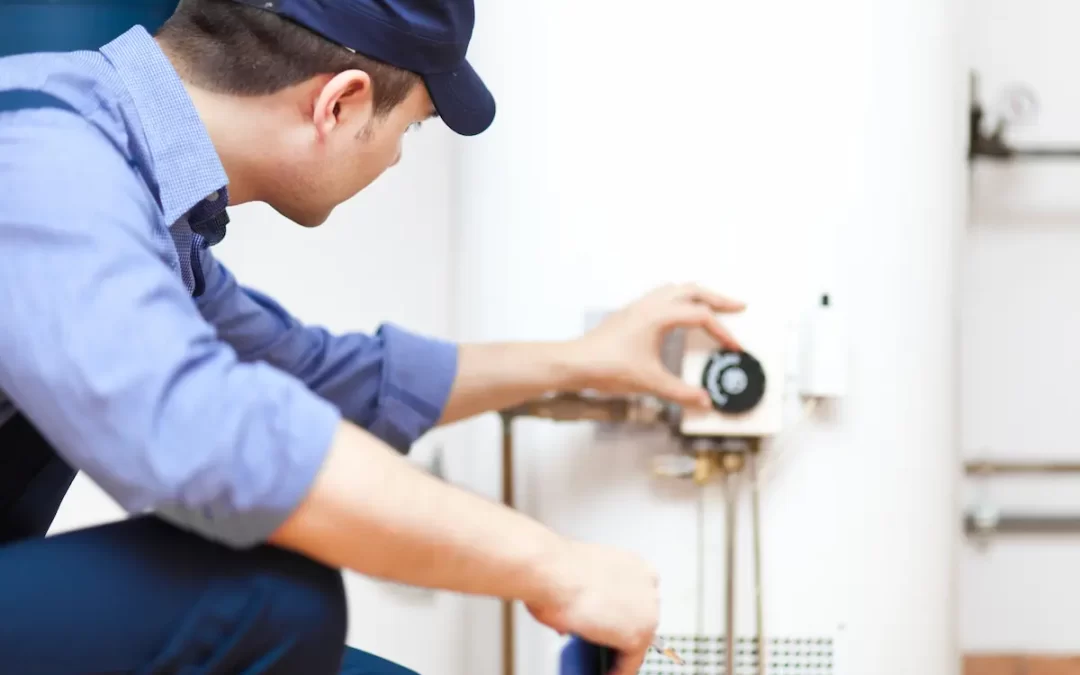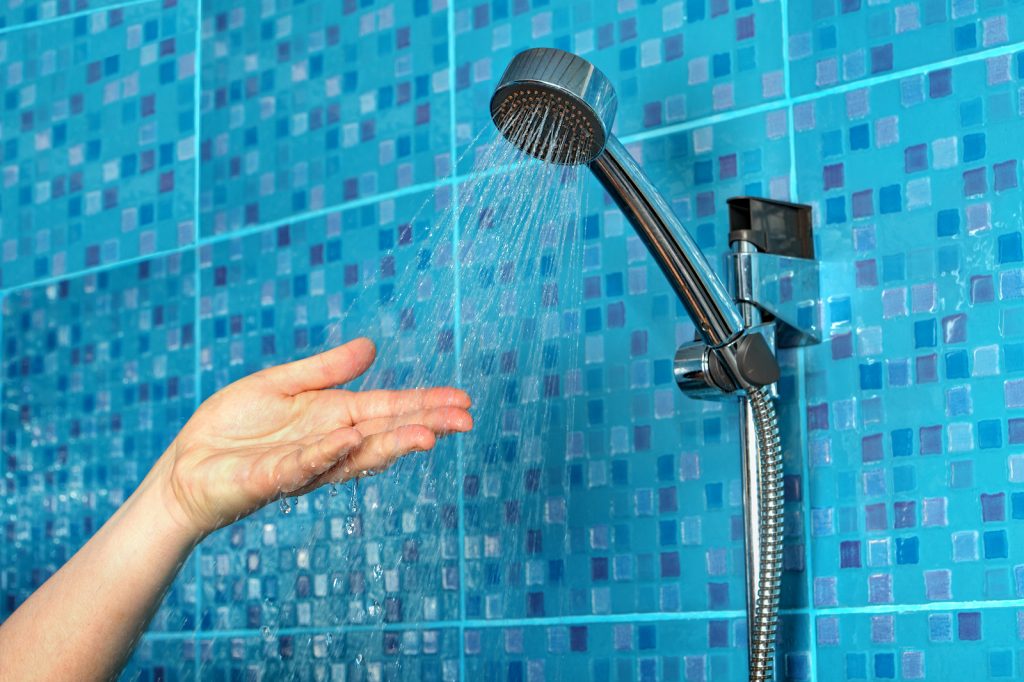Being faced with freezing-cold shower water after you just took a hot shower can be disconcerting and cause serious irritation when there seems to be no apparent explanation as to why your hot water supply suddenly ran dry.
Different factors could be contributing to your hot water running out more quickly than normal, such as sediment build-up, broken thermostats, and worn heating elements. Continue reading to learn why your hot water may be running low.
After reading today’s blog post, you can click here to get in touch with the best plumbers in Chandler, AZ.
1. You Have a Tankless Water Heater
Imagine this: it’s morning, and you’re getting ready to enjoy a luxurious shower when your hot water suddenly runs out, leaving you frustrated and annoyed. Unfortunately, this happens often in homes across America for various reasons; which of these factors is responsible?
One possibility could be that someone in your home showered before you. This phenomenon is commonly known as the “cold water sandwich” effect, wherein the hot water you experience initially is actually from their showering session and leftovers.
One possible cause may be using too many appliances simultaneously, so try limiting their usage as much as possible and rotating their usage as much as possible to decrease instances when your hot water heater overloads and runs out faster.
Furthermore, having your tankless water heater professionally flushed regularly to maintain proper performance and eliminate mineral build-up is recommended to maintain optimal performance and avoid mineral accumulation.
2. You Have a Water Softener
People with water softeners have noticed their hot water supplies running out faster because their system uses more water to regenerate or flush away excess sodium from the system. A failing motor could be responsible for this issue, but plumbers can easily replace it to resolve the problem.
Water softeners remove hard minerals that build up on pipes, fixtures, and appliances, causing build-up to reduce clogs, repair costs, and maximize efficiency.
Softened water allows soap and detergents to fully dissolve for a rich lather that leaves skin looking vibrant and healthy while saving energy by requiring less heat to evaporate detergents.
Your type of water softener depends on factors like how much water you use in your home, who resides with you, the hardness level of your water source, and whether or not an ion exchange softener requires salt to replenish its system periodically.

3. Your Water Heater is Too Old
When your hot water runs out before you finish taking a shower or washing dishes, it can be an annoying inconvenience – not to mention an indicator that your water heater may need replacing.
Water heaters typically last ten years or so before needing replacing. If yours has reached this age, now could be the time.
If your family is expanding rapidly, the water heater may no longer meet your hot water needs. An extra tank or upgrading to a larger model could provide the solution you require.
Be wary if your water heater makes rumbling noises during heating cycles; this could be a telltale sign that sediment at the bottom of its tank has built up, restricting heat transfer and leading to poor performance and possible leaks. Regular draining and flushing will prevent this build-up of sediment.
4. Your Water Heater Isn’t Working Properly
If your hot water runs low without increasing consumption, something else may be to blame. This could include sediment build-up, broken thermostat, or weathered heating elements needing replacement – any of these issues should be immediately addressed by a plumber to avoid further damage to your system.
Initial steps include checking that the circuit breaker assigned to your heater hasn’t tripped, checking for gas supply line leaks and making sure your pilot light (if applicable) is still burning.
If these checks still don’t reveal the source of your issue, try switching off power to your heater, disconnecting from any plumbing sources, and washing all connections with soapy water; this may help pinpoint its origin. Otherwise, it might be worthwhile replacing it altogether.






